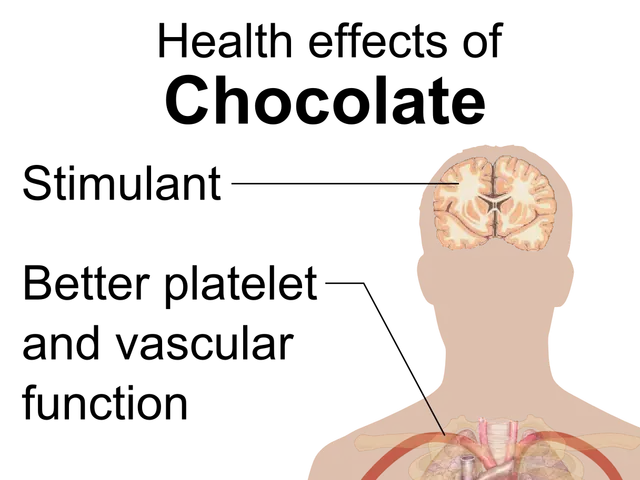The Factors Leading to Exhaustion in Individuals with ADHD
The Fatigue of Lavish Living: ADHD Burnout Unveiled
Life with ADHD can be a whirlwind, but for some, it transforms into a relentless storm of exhaustion known as burnout. It's not just about being tired; it's a signal that something isn't working, and it's time to make some changes.
Overcommitment, masking, and sensory overload are some of the reasons why ADHD burnout can occur. These triggers can stem from internal factors like perfectionism, overexertion, and imposter syndrome, or external factors such as work and social demands.
Imagine being the office hero who takes on every project that comes their way, only to find yourself crumbling under the weight of your responsibilities. Or, picture yourself putting on a flawless façade every day to fit in, draining your energy reserves and making burnout inevitable. Or, perhaps you're particularly sensitive to your surroundings, the bustling office or the crowded party wearing you down with each passing moment.
The ADHD burnout experience is unique to each individual, shaped by their personal strategies for coping. Some people may experience it as a vicious cycle of burnout, recovery, and then plunging back into the chaos of everyday life.
Overcommitment is one of the primary contributors to ADHD burnout. The tendency to take on too much can stem from a desire to prove oneself or a fear of letting others down. The result is being stretched too thin, leading to emotional and physical exhaustion.
Masking, or trying to appear neurotypical, is another cause of ADHD burnout. This exhausting act involves suppressing natural behaviors and expending extra energy to fit in.
Sensory overload can also contribute to burnout, as ADHD brains are often more sensitive to sensory input. This sensitivity can make people with ADHD more easily overwhelmed by tasks, noises, or crowded places.
Perfectionism and a lack of self-care can also play a significant role in ADHD burnout. Neglecting self-care activities, such as exercise or relaxation, can further exacerbate the burnout cycle.
The mismatch between the demands of the neurotypical world and the ADHD brain can also contribute to burnout. For those with ADHD, the energy required to navigate this world can be draining.
Undiagnosed ADHD can result in burnout as individuals may not understand their struggles stem from a neurodevelopmental difference rather than personal failings. This lack of understanding can lead to a cycle of overexertion and self-criticism, contributing to burnout.
Incorporating a proper understanding of ADHD, self-care routines, and accommodation strategies can help break the cycle of burnout for those with ADHD. It's time to step off the roller coaster of exhaustion and find a more manageable path towards living well with ADHD.
- The ADHD burnout experience is unique to each individual, shaped by their personal strategies for coping, including self-care routines.
- Neglecting self-care activities, such as exercise or relaxation, can further exacerbate the burnout cycle, as perfectionism and a lack of self-care can play a significant role in ADHD burnout.
- Understanding the psychology behind ADHD can help individuals develop strategies to manage their behavior and reduce stress, thereby improving their mental health and overall health-and-wellness.
- The mismatch between the demands of the neurotypical world and the ADHD brain can contribute to burnout, as the energy required to navigate this world can be draining, especially when coupled with factors like sensory overload and overcommitment.
- The tendency to take on too much can stem from a desire to prove oneself or a fear of letting others down, making overcommitment one of the primary contributors to ADHD burnout.






